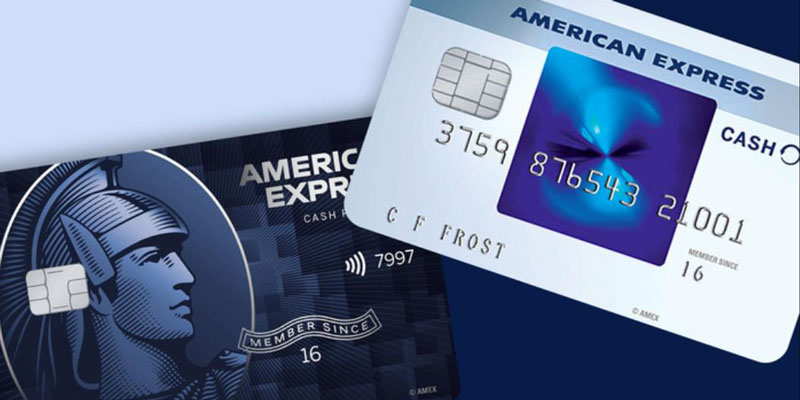Do You Know: How to Handle Time-Barred Debt?
Introduction
Time-barred debt is any unpaid debt that has been outstanding for longer than allowed by the statute of limitations. The statute of limitations is the number of times creditors have to take legal action against people who are delinquent on their debts. Once the statute of limitations expires, creditors and collection agencies can no longer sue or threaten to sue individuals over the debt. This type of debt will still appear on credit reports and can still be collected through other means, but it cannot be pursued through litigation.

The Different Types of Time-Barred Debt
Time-barred debt comes in several different forms:
- Credit card bills – The Fair Credit Billing Act governs credit cards and typically has a statute of limitations of four to six years, depending on your state.
- Medical bills – Medical bills usually have a statute of limitations of three years.
- Personal loans – Most personal loans are subject to a statute of limitations of four to six years, depending on your state.
- Student loans – Student debt has no statute of limitations and can remain unpaid indefinitely. However, if it is more than 10-20 years old, some credit bureaus may choose not to report it.
What Happens When Time-Barred Debt Is Collected?
If a creditor or collection agency attempts to collect a time-barred debt, there are certain steps you should take:
- Contact your state attorney general's office – In most states, it is illegal for creditors or collection agencies to attempt to collect on time-barred debt. If you believe a creditor or collection agency has attempted to collect on a debt past its statute of limitations, contact your state attorney general's office and report the violation.
- Notify the credit bureaus – If you have been contacted by a creditor or collection agency attempting to collect on a time-barred debt, it is important to notify the three major credit bureaus (Equifax, Experian, and TransUnion) so they are aware of the situation. This will ensure that the debt is not reported on your credit report, which can hurt your credit score.
- Seek legal advice – If you are being contacted by a creditor or collection agency regarding time-barred debt, it is important to seek legal advice, so you understand your rights and obligations under the law.
How to Avoid Time-Barred Debt?
The best way to avoid time-barred debt is to pay all outstanding debts as quickly as possible. It's important to stay current with payments and ensure that all debts are paid off before the statute of limitations expires. In addition, it is important to keep track of your debt and ensure there is up-to-date information on the status of each debt. This will help you stay on top of potential legal issues arising from the time-barred debt.
If you find yourself unable to pay all of your debts, it is important to contact a qualified financial advisor or credit counselor for assistance. They can help you develop a plan to manage your debt and work out payment arrangements with creditors to avoid difficulties with time-barred debt.
Why Handle Time-Barred Debt?
It is important to handle time-barred debt responsibly. The best way to deal with time-barred debt is to try and negotiate with the creditor for a settlement or repayment plan. This can be done through direct communication or via a third party who specializes in deals between creditors and consumers. It is also possible to dispute the debt's validity if it cannot be proven that it is truly yours.
If it is determined that the debt cannot be collected, you may still need to report it as a loss on your taxes. When dealing with time-barred debt, the safest action is to consult a qualified financial advisor for advice and assistance navigating such debts' legal and financial ramifications. No matter how long ago you incurred the debt, taking responsible steps to handle it can save you from potential headaches.
In conclusion, responsibly handling time-barred debt by settling or disputing it can help protect your credit score and keep you safe from legal repercussions. It's important to speak with a qualified expert when dealing with these types of debts to ensure that you take the best course of action possible. Taking responsibility for time-barred debt can help keep your financial situation secure and safe in the long run.

Conclusion
Time-barred debt can be tricky but understanding the different types of debt, how to handle it, and how to avoid it is key. If you are contacted by a creditor or collection agency regarding a time-barred debt, it is important to seek legal advice and understand your rights under the law. By staying on top of your debt and ensuring all debts are paid before the statute of limitations expires, you can avoid any potential problems associated with time-barred debt.








